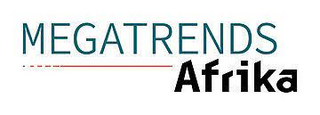
African views on external support for democracy in times of multipolarity
Hackenesch, Christine / Julia Leininger / Daniel Nowack / Armin von SchillerExternal Publications (2025)
in: Christine Hackenesch / Tobias Heidland / Denis M. Tull (eds.), Leverage and Limits: What African Actors Make of the new Multipolarity, Megatrends Afrika Working Paper 21, Berlin/Bonn/Kiel: SWP/IDOS/IfW, 22-27
Over the past few years, European political elites have increasingly viewed the EU’s and China’s engagement in Africa through the lens of a political rivalry between democracy and autocracy. As early as 2019, the European Commission described China as a strategic rival aiming to normalize its authoritarian model as an alternative to Western democracy. This perception has only deepened in the wake of the COVID-19 pandemic and Russia’s invasion of Ukraine, further reinforcing concerns among policymakers in Brussels and other European capitals. While Chinese leaders avoid publicly framing the relationship as a systemic rivalry, in practice they invest heavily in public diplomacy and international networks, at least partly in order to promote China’s political model and modernization approach. When it comes to democracy and political regimes more generally, multipolarity in Africa’s external relations thus takes the form of systemic political rivalry, at least in the view of Western and Chinese policymakers.




